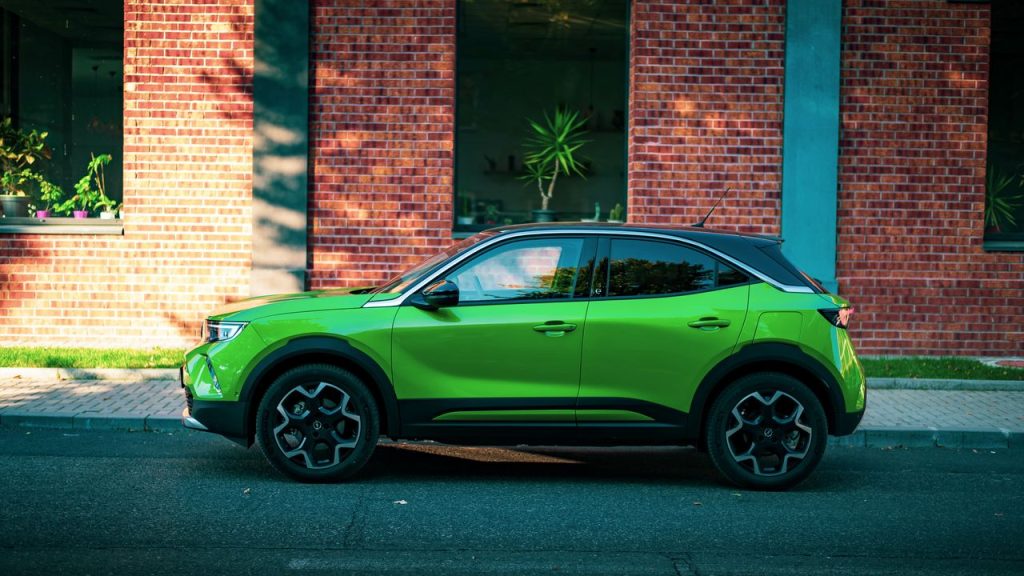The Environmental Impact of Electric Cars: A Sustainable Solution for Clean Transportation
As the world grapples with the urgent need to reduce emissions and combat climate change, the automotive industry has been undergoing a remarkable transformation. Electric cars, once considered a futuristic concept, are now becoming increasingly popular as a sustainable alternative to traditional gasoline-powered vehicles. In this article, we will explore the environmental impact of electric cars and their potential to revolutionize transportation.
Emissions Reduction
One of the primary reasons why electric cars are gaining traction is their significant contribution to emissions reduction. Unlike conventional cars that rely on fossil fuels, electric vehicles (EVs) run on electricity, which can be generated from renewable sources such as solar, wind, or hydro power. By eliminating tailpipe emissions, EVs play a crucial role in reducing greenhouse gas emissions and air pollution.
According to a study conducted by the Union of Concerned Scientists, driving an electric car produces less than half the emissions of a comparable gasoline-powered vehicle over its lifetime, even when accounting for the emissions generated during the production of the electricity used to charge the EV. This reduction in emissions is a significant step towards achieving a cleaner and healthier environment.
Sustainability
Electric cars also offer a more sustainable transportation option. The extraction and refinement of fossil fuels contribute to environmental degradation and can have devastating consequences on ecosystems. On the other hand, the production of electricity for EVs can be sourced from renewable energy, which has a lower impact on the environment.
Furthermore, electric cars have the potential to utilize recycled materials in their manufacturing process. By incorporating recycled metals and plastics, the production of EVs can reduce the demand for virgin resources, minimize waste, and decrease the overall environmental footprint of the automotive industry.
Clean Transportation
Electric cars pave the way for a cleaner transportation system. In addition to reducing emissions and promoting sustainability, EVs offer a quieter and smoother driving experience. The absence of a traditional combustion engine eliminates noise pollution, making electric cars more pleasant for both drivers and pedestrians alike.
Moreover, the widespread adoption of electric cars can lead to a significant reduction in reliance on fossil fuels, which are finite resources. By transitioning to electric vehicles, we can decrease our dependence on oil and create a more resilient and secure energy future.
Incentives and Infrastructure
While the environmental benefits of electric cars are clear, there are still challenges to overcome. One of the key obstacles is the need for a robust charging infrastructure. To encourage the adoption of EVs, governments and private entities must invest in the development of charging stations, both at homes and public locations. This will provide drivers with the convenience and confidence to switch to electric vehicles.
Additionally, governments can play a crucial role in promoting the use of electric cars by offering incentives such as tax credits, rebates, and subsidies. These financial incentives can help offset the higher upfront costs of electric vehicles and make them more accessible to a wider range of consumers.
Conclusion
Electric cars have the potential to revolutionize transportation and address the pressing environmental challenges we face. With their significant emissions reduction, sustainability, and contribution to clean transportation, EVs offer a promising solution for a greener future. By investing in infrastructure and providing incentives, we can accelerate the transition to electric vehicles and create a more sustainable and environmentally friendly transportation system.


